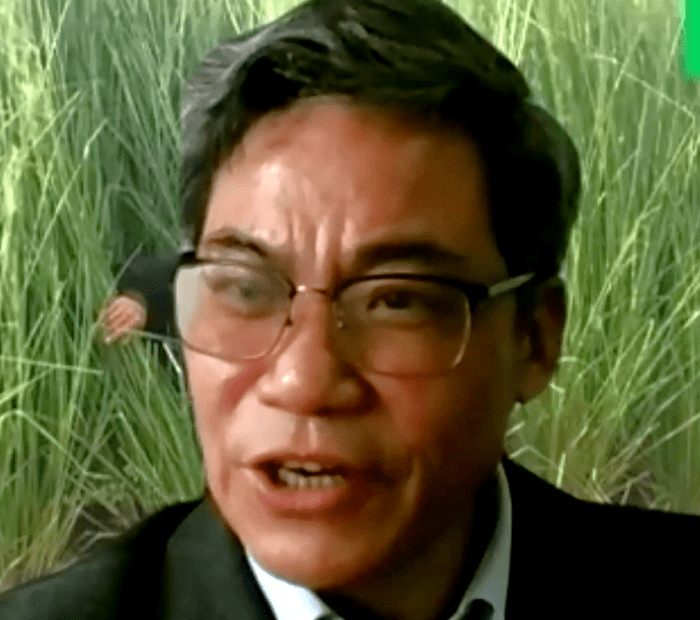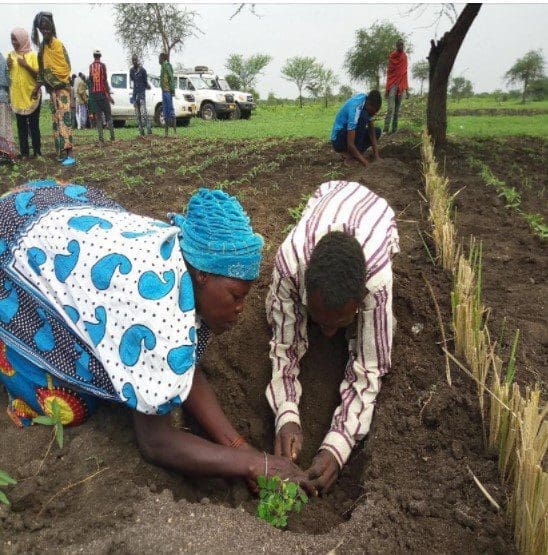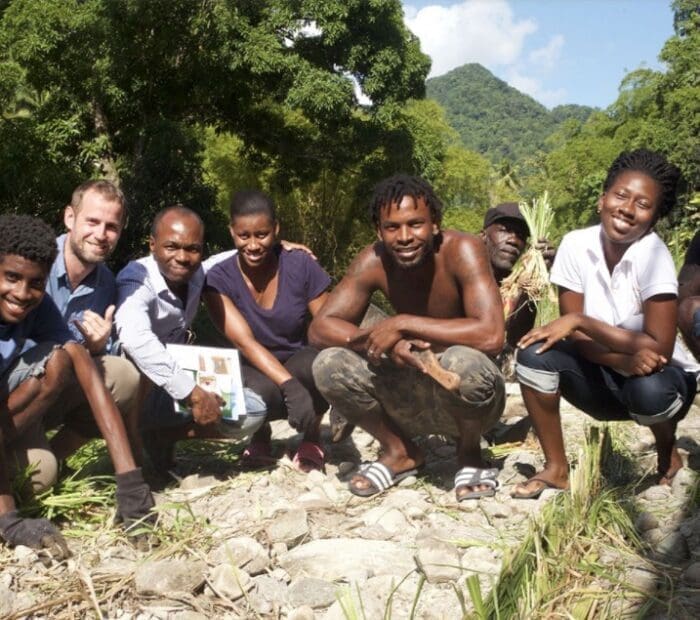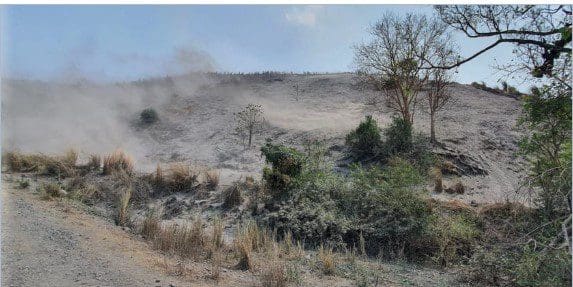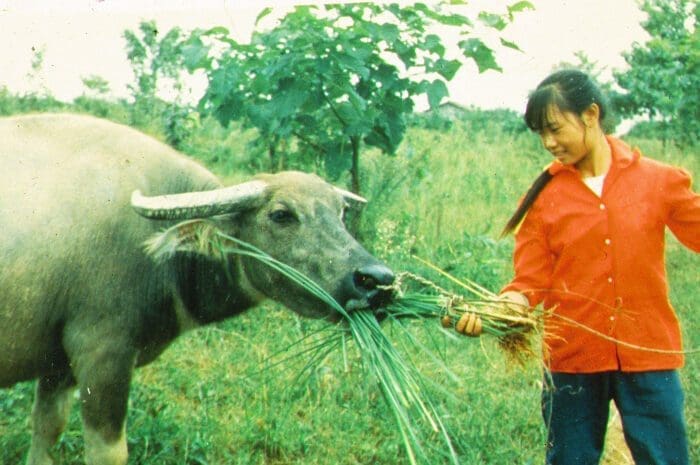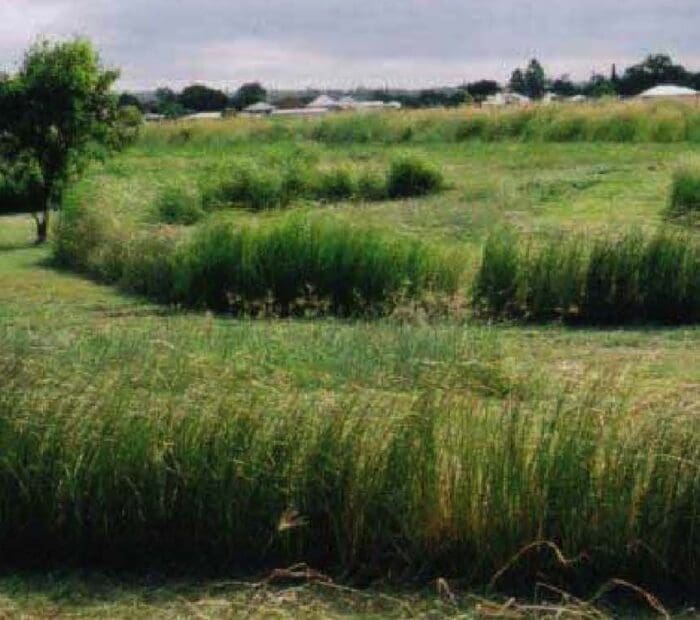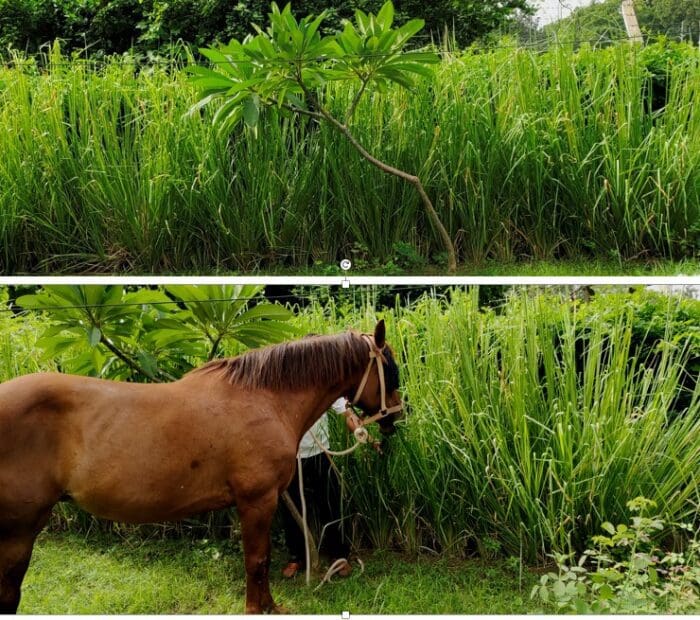“Compost and Vetiver System”
IICA Webinar “Bioremediation in water and soils in Venezuela”. – Oswaldo Luque presented in Spanish “Compost and Vetiver System” Oswaldo Luque who has been working with vetiver Grass Technology in Venezuela for over 30 years. The use of vetiver as…

